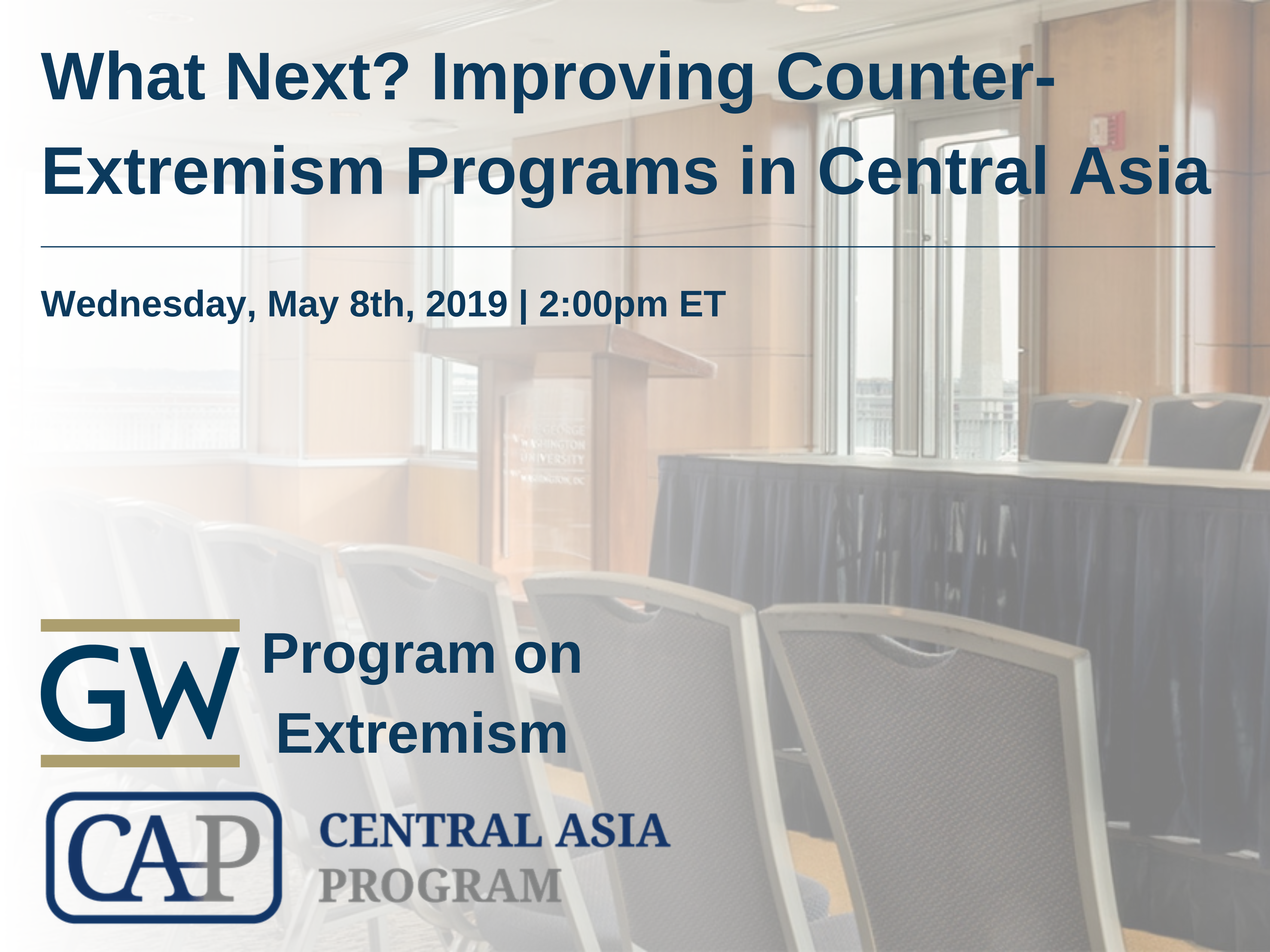What Next? Improving Counter-Extremism Programs in Central Asia

Summary
While the Islamic State lost its physical territories in Syria and Iraq, the grievances that drove thousands of Central Asians into its ranks remain. Since 2014, a range of international actors, including the United States, the European Union, and the United Nations, spent millions of dollars on counter-extremism projects in Central Asia. Yet, problems remain in the way actors approach extremism conceptually and in program implementation. International donors' increased interest in counter-extremism pushes local NGOs to frame an array of unrelated issues as tied to radicalization and violent extremism. Meanwhile, regional governments blur the distinctions between societal Islamization and political radicalization, grouping political activists, non-violent extremists and violent extremists together in one category. This creates challenges for development actors looking to operate in the region with the permission of local governments.
To help address these issues, the Program on Extremism and the Central Asia Program at GWU convened a roundtable on May 8, 2019 featuring three experts on extremism in Central Asia. During the discussion, panelists discussed several key questions about counter-extremism programing in Central Asia: (1) How can international actors develop programs to address these issues?; (2) How can we define divergent forms of extremism in ways that allow us to address issues of intolerance and societal violence?; (3) Where do we draw the line between violent and non-violent extremism?; (4) How can the donor community work with civil society to ensure that the issues being addressed derive from local concerns rather than the interests of international donors?
Bennett Clifford, a Research Fellow with the Program on Extremism, moderated the discussion, which featured
- Dr. Marlene Laruelle, Director of the Central Asia Program; Associate Director of the Institute for European, Russian, and Eurasian Studies at the Elliott School of International Affairs
- Dr. Edward Lemon, DMGS-Kennan Institute Fellow at Daniel Morgan Graduate School; Global Fellow at the Wilson Center
- Noah Tucker, Senior Editor for the Uzbek Service (Ozodlik), Radio Free Europe/Radio Liberty; Associate at the Central Asia Program

